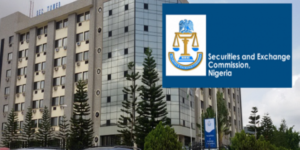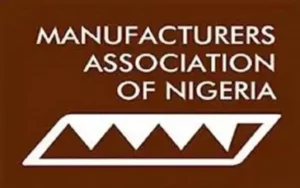
President Bola Tinubu has directed all government ministries, departments, and agencies (MDAs) to exclusively procure compressed natural gas (CNG)-powered vehicles.
This is contained in a statement by the President’s spokesperson, Ajuri Ngelale, on Monday.
According to the statement, the move is part of the administration’s broader strategy to ensure energy security, enhance utility, and reduce fuel costs, marking a significant shift towards cleaner energy sources.
Ngelale explained that CNG vehicles, known for lower emissions, represent a cost-effective alternative for energy consumers in Nigeria.
He said the initiative also aligns with Nigeria’s goals to transition to more sustainable energy options.
“This nation will not progress forward if we continue to dance on the same spot.
“We have the will to drive the implementation of CNG adoption across the country, and we must set the example as public officials in leading the way to that prosperous future that we are working to achieve for our people.
“It starts with us, and in seeing that we are serious, Nigerians will follow our lead,” Ajuri quoted the president as saying.
Furthermore, the President also instructed that all proposals for the purchase of traditional petrol-dependent vehicles be rejected, urging council members to focus on acquiring CNG-compliant vehicles to demonstrate the government’s dedication to these reforms.
The spokesperson said President Tinubu aims to leverage Nigeria’s vast gas resources, reduce the financial strain of high transportation costs on citizens, and improve the overall standard of living in the country.
Following the removal of the fuel subsidy on May 29, 2023, President Bola Ahmed Tinubu inaugurated the Presidential CNG Initiative in October of the same year to provide more affordable, safer, and environmentally friendly energy.
This initiative focuses on supplying compressed natural gas primarily for mass transit.
To alleviate the burden of rising fuel prices on the public, the Federal Government allocated N100 billion from the N500 billion palliative budget to buy 5,500 CNG vehicles (buses and tricycles), 100 electric buses, and over 20,000 CNG conversion kits.
This funding also encourages the development of CNG refilling and electric charging stations.







